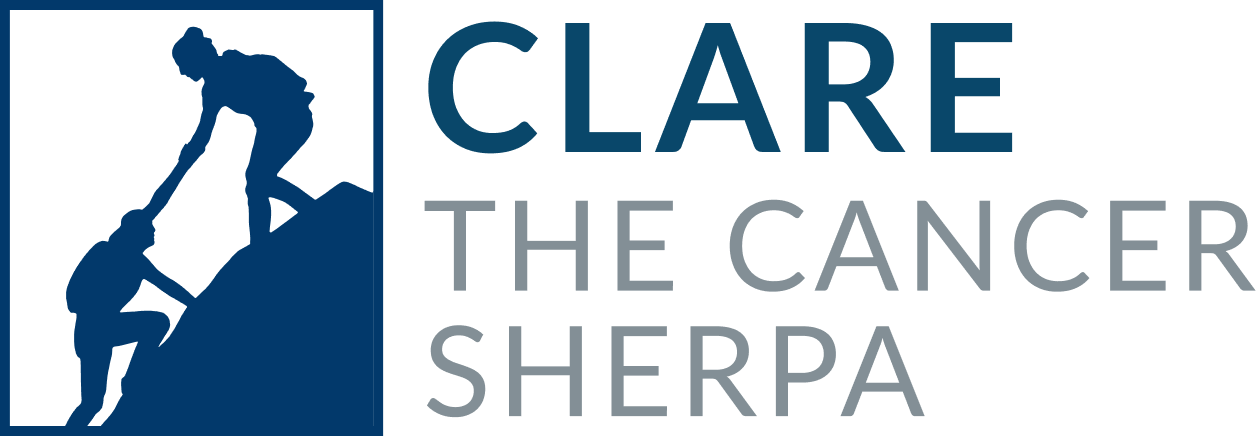We’re all experiencing heightened awareness – and anxiety – around the latest COVID-19 developments. While you’re probably having feelings of déjà vu, there’s also some new info you should be aware of, specifically around the Omicron variant.
Here’s the deal. The Omicron variant of COVID-19 became the dominant strain in the US on Sunday, December 20th, 2021. Omicron is far more infectious than Delta, as cases double every 1.5-3 days. If you are boosted or vaccinated, you can get a breakthrough infection, but all breakthrough infections so far have been classified as mild. Please note that a mild case is defined as any COVID-19 infection that does not need to be hospitalized.
Even our seasoned professionals still marvel at how much this virus takes and keeps taking over the course of, on average, three weeks. Please protect yourself by always masking up, whether required or not. Avoid all unnecessary travel, especially on public transportation, as well as all indoor and outdoor events where attendees are not vaccinated or masked.
In the event you test positive for COVID-19, review this checklist, and share it with family and friends so they’re prepared too.
- Don’t panic
- Stay home
- Stay in touch with your doctor or urgent care, not the ER, and ask them where to go if you experience
- Trouble breathing
- Persistent pain or pressure in the chest
- New confusion or brain fog
- Inability to wake up or stay awake
- Pale gray or blue-colored skin, lip, or nails
- Any other severe symptoms that rise to the level of hospitalization
- Be your own best caretaker
- Stay hydrated
- Monitor/keep track of your own symptoms
- Take your temperature regularly
- Note: Only take your temp when there are no meds in your system for an accurate reading. Call your doctor or urgent care if you reach 102.5°F
- Keep an eye on
- Cough
- Nasal congestion
- Nausea
- Sense of taste and/or smell
- Take over-the-counter meds to ease symptoms
- Tylenol
- Advil
- Mucinex
- Cold medicine
- Cough syrup
- 1000mg Vitamin C/Ascorbic Acid and 30mg Zinc
- Antiviral or Monoclonal Antibody treatments
- Note: Some states offer free, outpatient COVID-19 treatments. Check your state’s health department website and consult your doctor or urgent care if this treatment is right for you
- Paxlovid, Pfizer’s antiviral pill
- Note: The FDA has just authorized the pill, the first of its kind. Keep up with news sources as information on availability and access is released.
- Sleep
- Prepare for symptoms to linger up to three weeks
- Take your temperature regularly
- Protect others in your household and beyond by
- Staying home
- Staying in a separate room away from other people and pets
- Wearing a mask when around others
- Washing hands regularly
- Avoiding sharing common household items
- Cleaning all “high-touch” surfaces
- Not using public transportation
- Get retested when symptoms subside
Sources
CDC: What to Do If You Are Sick
CDC: Omicron Variant: What You Need to Know
US News and World Report: WHO: Omicron Detected in 89 Countries, Cases Doubling Fast

